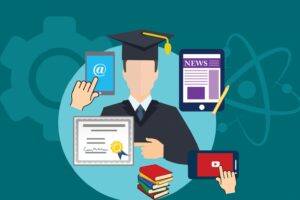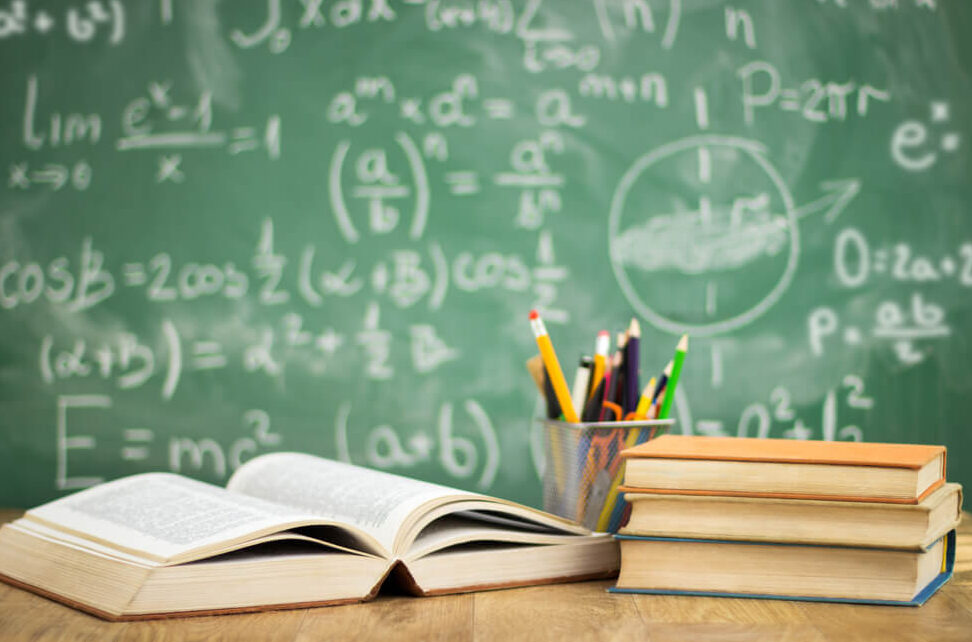Effective time management is essential for college and graduate students to succeed academically and maintain a healthy work-life balance. Prioritizing tasks based on their importance is a crucial strategy for managing time efficiently. Students should identify which tasks are most urgent and important and allocate time accordingly. Prioritization skills help students determine which tasks are the most important and urgent and how much time to allocate to each task. By prioritizing tasks, students can ensure that they are making progress on their most important assignments and avoid wasting time on less critical tasks.
Creating a schedule and sticking to it is another important time management strategy for college and graduate students. Students should set aside time for studying, sleeping, and personal time to take care of themselves. By setting a schedule and sticking to it, students can increase their overall productivity and avoid procrastination. It is also helpful to research classes before scheduling them to ensure that they fit well into the student’s schedule. There are many resources available to help students create a schedule that works for them, such as online study planners and daily schedule templates.
Procrastination is a common problem among college and graduate students, but it can be avoided with the right strategies. One effective strategy is to reduce the number of decisions that need to be made during the day by making those decisions ahead of time. Students should also be aware of their habits and thoughts that lead to procrastination and take steps to overcome them. Admitting that you are procrastinating and breaking tasks into smaller, more manageable pieces can also help. Keeping track of deadlines is another helpful strategy for avoiding procrastination. By implementing these strategies, students can manage their time effectively and achieve their academic goals.
Effective Study Habits for College and Graduate Students
Active learning techniques are essential for college and graduate students to effectively retain information and improve their understanding of course material. Encouraging students to take an active role in their learning can be achieved by prompting them to ask questions, participate in discussions, and engage in hands-on activities. Pre-class assignments, brainstorming, and small group discussions are all examples of active learning strategies that can be used to enhance student engagement and understanding of course material. By incorporating these techniques into their study habits, students can improve their overall academic performance and better retain information.

Creating a study plan is another effective study habit that can help college and graduate students stay organized and on track. Students should analyze their individual learning style and evaluate their current commitments to create a realistic schedule. Breaking down tasks into smaller, manageable steps and setting specific study goals can also help students stay motivated and focused. By developing a structured study plan, students can reduce stress and improve their time management skills, leading to better academic performance and overall success.
Finding a productive study environment is crucial for college and graduate students to maximize their study time. A quiet and distraction-free space can help students stay focused and improve their concentration. Additionally, taking breaks and incorporating physical activity into study breaks can improve productivity and reduce stress. By establishing a comfortable and productive study environment, students can improve their study habits and achieve their academic goals.
Maintaining a Healthy WorkLife Balance in College and Graduate School
Maintaining a healthy work-life balance is crucial for college and graduate students to ensure their overall well-being. One of the most important aspects of achieving this balance is practicing self-care. This includes taking time for oneself, engaging in physical activity, and nourishing the body with healthy food. Students should also be aware of self-neglect and take steps to avoid it. By prioritizing self-care, students can better manage stress and maintain their mental and physical health.

Setting realistic goals is another essential aspect of maintaining a healthy work-life balance. Students should establish clear objectives that are achievable and align with their values. Research has shown that setting goals can directly impact academic achievement and increase the likelihood of success. Additionally, it is important for students to seek support from peers and faculty to foster a sense of belonging and community. By setting realistic goals and finding supportive communities, students can better manage their workload and stress levels.
Finally, exploring new opportunities and experiences can also contribute to a healthy work-life balance. Students should take advantage of opportunities to step out of their comfort zones and try new things. This can include joining clubs or organizations, attending events or lectures, or even taking up a new hobby. By incorporating new experiences into their routine, students can maintain a sense of balance and prevent burnout. Overall, by prioritizing self-care, setting realistic goals, and exploring new opportunities, college and graduate students can achieve a healthy work-life balance and succeed academically and personally.
Career Preparation Tips for College and Graduate Students
One of the most effective ways for college and graduate students to prepare for their future careers is by gaining relevant experience through internships. Internships provide students with the opportunity to connect classroom knowledge to real-world experience, allowing them to develop practical skills and gain valuable work experience. In addition, internships can help fulfill college requirements and provide material to add to a resume. It is important to note that some insight programs offer tips on applying for internships or graduate positions, and employers have reported that they use their internship programs to feed their full-time hiring. Therefore, students should prioritize finding and participating in internships to gain relevant experience and increase their chances of securing a job in their desired field.

Networking and building professional relationships are also essential for career preparation. College is an excellent time to build solid, life-long relationships, and students should be proactive about building those relationships and staying in touch with their contacts. Networking provides students with the opportunity to meet people who can help them find their ideal job and set themselves up for future success. It is important to be curious and ask open-ended questions that will allow for building relationships, not just making contacts. A larger network provides more contacts, which can help students discover new job opportunities and jumpstart their career.
Developing marketable skills and a strong resume are also crucial for career preparation. Students should include a combination of hard skills, which are abilities learned through education and experience, such as software programs or foreign languages, and soft skills, such as communication and problem-solving skills, on their resumes. Additionally, students should highlight school projects that offer proof of their marketable skills. Crafting a compelling resume is essential for landing a great job out of college, and students should prioritize prioritizing education and overcoming poor academics. By building marketable skills and creating a strong resume, students can increase their chances of securing a job in their desired field and jumpstart their career after graduation.










